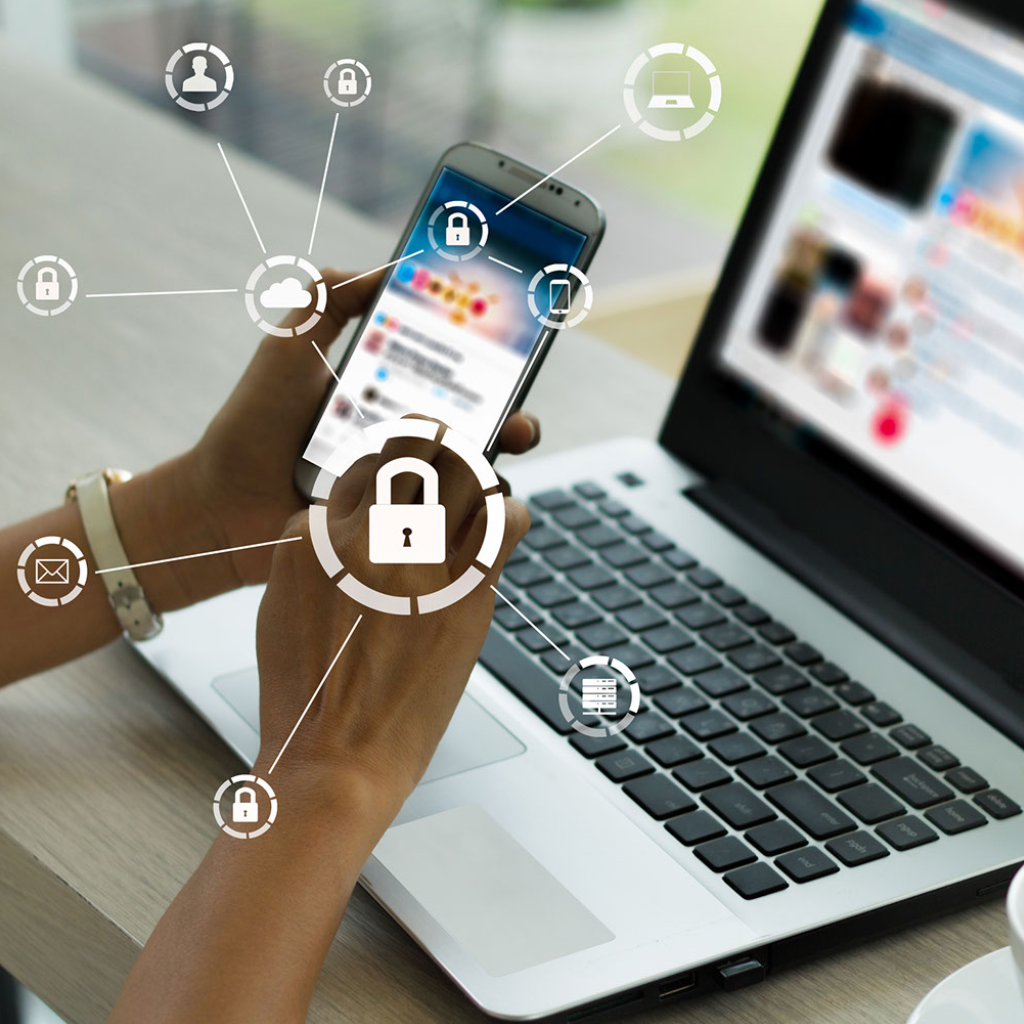The month of June is recognized as Internet Safety Month the world over. Online fraud shows no sign of abating and every day, thousands of people fall victim to cybercrime. The worldwide web is definitely a tempting ground for fraudsters to commit fraud and they are getting more sophisticated with their ways.
This is why it’s important to stay extra vigilant as you perform online transactions, especially those that involve the sharing of personal and financial information on multiple social media channels. It is up to each one of us to assume personal responsibility, manage our network and regulate privacy settings on most social medial channels.
Of course, it goes much beyond that. In recognition of June Internet Safety Month, here are some important Dos and Don’ts to protect yourself from online fraud.
DO’s
- Update your privacy settings regularly on your social media accounts. Use options to choose who is allowed to see your posts. And in addition, check your credit score and bank accounts regularly.
- Set up two-factor authentication to access any account. This ensures that only you can access an account even if someone else gets hold of your password. As a rule, you can have different passwords for all your accounts.
- Stay away from strangers who try to forge close bonds on social media. If you get a request from strangers for money, immediately cut off the contact.
- Call up a friend or contact or meet them in person if you get an online message from them for urgent money or a lucrative investment opportunity to avoid social media fraud. Chances are their account too may have been hacked.
- Think twice before you post a message on social media and don’t share your whereabouts easily. This could give hackers access to your personal information for identity theft. Worse, vacation pictures can send out signals to intruders that your home is empty.
DON’Ts
- Mention your home address or other personal information in your social media public profile.
- Accept friend requests from strangers or say yes to suspicious links, even if the posts come from people you know to avoid social media fraud.
- Consent to targeted advertising. This also prevents apps from accessing your profile information. Avoid social media quizzes or surveys that could soon ask personal questions, even ones that seem harmless.
- Download or install apps or software from social networking sites. Lookup sites like VirusTotal or Google Safe browsing to see if a link carries a phishing or malware risk.
- Access social media sites while using a public Wi-Fi network. Some public networks may not be secured. This gives scammers ample opportunities to intercept personal data associated with your accounts. Especially avoid making any online financial transactions or transferring sensitive information.
How to Protect Yourself
At Chicago Title, we offer multi-layered ID verification, which can verify the identity of a person against various data sources. For more information, contact your Regional Manager today!


